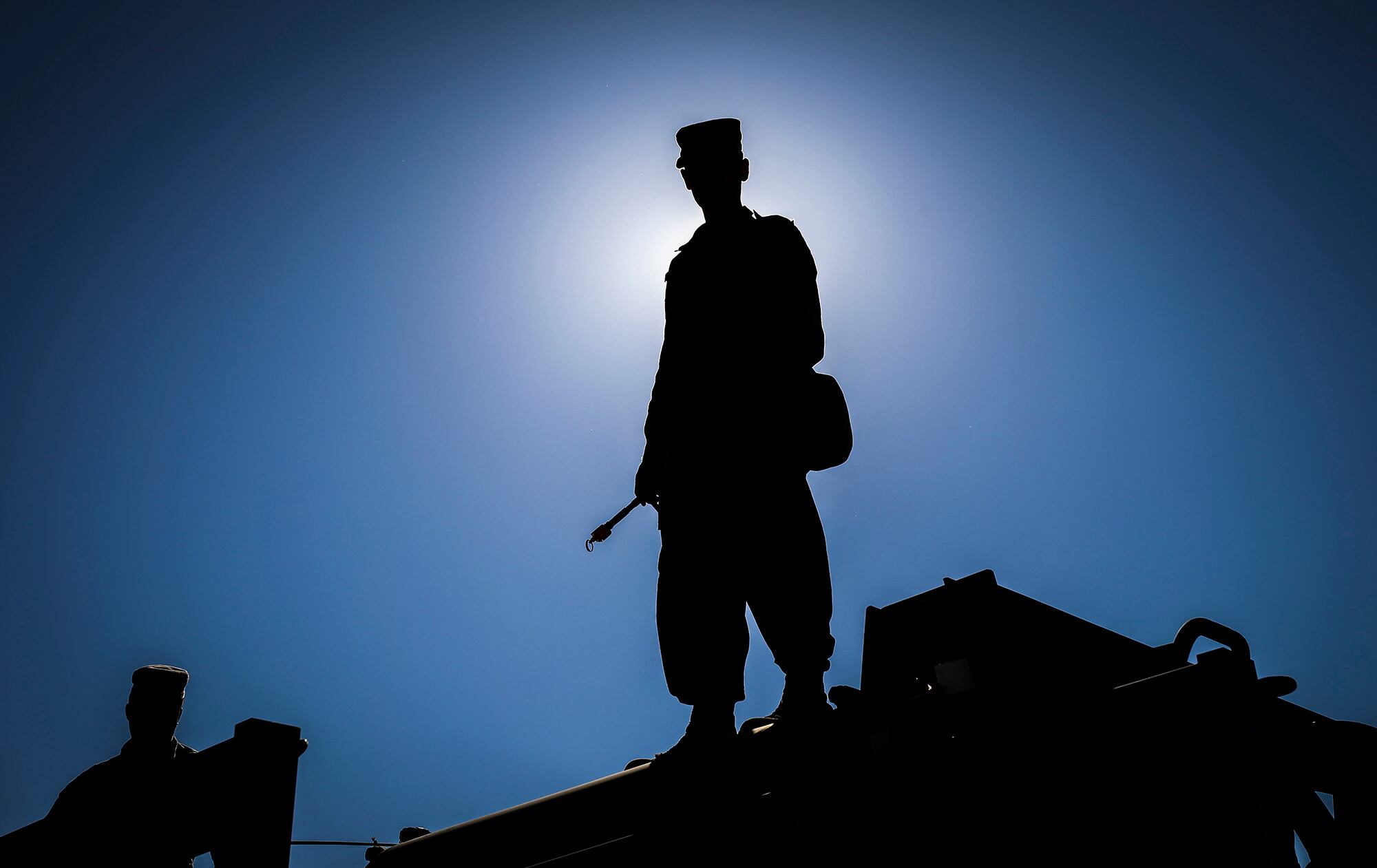“The discipline which makes the soldiers of a free country reliable in battle is not to be gained by harsh or tyrannical treatment. On the contrary, such treatment is far more likely to destroy than to make an army.” — Lt. Gen. John M. Schofield, 1879
Few organizations are as engrossed by the topic of leadership as the Army. In part, this is due to the belief that leadership is seen as the silver bullet which will solve all future nightmare scenarios in times of war. And, in a way, it very well may be true. However, in spite of the many initiatives, changes to policies, and sensing sessions enacted over the last few years with the intent of keeping the best and brightest in service, there remains a critical blind spot which hinders the wholistic development and retention of future leaders: the assessment of superiors by their subordinates.
For some, the very notion of someone with less rank providing feedback on their behavior may strike them as sacrilegious. The attainment of higher rank creates a type of moral hazard where those placed in positions of leadership can be less inclined to listen to subordinates or question their own judgement because their rank enables a sense of infallibility and overconfidence. This much is clear to anyone who has served under a superior who refuses to accept realities which differ from their view of the terrain.
The Army has recently developed a new initiative to address these types of superiors. The Battalion Commander’s Assessment Program is meant to test an individual’s creative and critical thinking skills, before they are placed in a position of leadership. This is a step in the right direction, but it is not comprehensive or discerning enough because the program will only help develop those leaders who are unaware of their shortfalls. Those who are aware, and recurrently hide them in front of their superiors, will continue to do so during this assessment. Because of this, a more specific, focused assessment should be implemented.
This is not a new idea, as demonstrated by the now defunct Multi-Source and Feedback Assessment (MSAF) Program. For a more in-depth review of the program and its challenges, here is an excellent article published by Col. Kevin McAninch. In short, the program was supposed to serve as a feedback mechanism which gave peers and subordinates the opportunity to voice areas of concern or praise to help the development of the assessed individual. It was an excellent idea, but it was poorly implemented. The MSAF Program should be brought back, but with much-needed changes.
For one, the assessed individuals should not get to choose which individuals provide feedback on their behavior. This will reduce instances of favoritism or bias in selection. All subordinates must receive the opportunity to provide constructive feedback, using an anonymous digital system. Secondly, the assessment should be no more than 10 questions. The goal of the program is to provide a preliminary snapshot of the individual’s behavior towards subordinates. If additional information is required, the rater can talk about it during the performance counseling. And lastly, the feedback which evaluates the leadership traits of the assessed must be digitally signed by the rater and senior rater and kept as a digital record. This last step is crucial towards creating personal accountability and change.
The Army is looking for ways to enhance retention of talented individuals by changing some of the long-held rules regarding promotion and assessments to positions of leadership. The importance of having the right individuals serving in the right positions of leadership may only become more critical during the era of great power competition. Providing leaders with the tools to understand how their actions are perceived by their subordinates will undoubtedly help them become better, more effective leaders, in turn, creating a new standard of leadership which values superiors and subordinates alike.
Carlos De Castro is an active duty Army major. His views are strictly his own and do not represent the Armed Forces or the Department of Defense.
Editor’s note: This is an Op-Ed and as such, the opinions expressed are those of the author. If you would like to respond, or have an editorial of your own you would like to submit, please contact Military Times managing editor Howard Altman, haltman@militarytimes.com.
